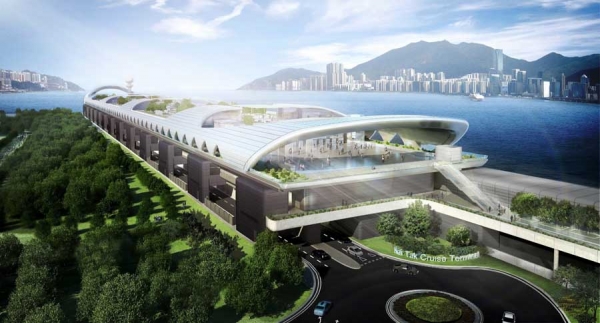How is a cruise terminal selected? what is the role of institutional factors in site selection and terminal evolution? When the Asian cruise market turn one of the most dynamics around the globe, the latest study of PortEconomics members Thanos Pallis and Adolf Ng, along along with Yui-Yip Lau and Ka-Chai Tam provide an institutional analysis on how the site of Hong Kong’s Kai Tak Cruise Terminal (KTCT) was selected following the closure of Kai Tak Airport in 1998.
The study focuses on how the struggle of the preexisting cruise terminal to accommodate new demand prompted the idea of constructing a new terminal to reveal how public opinion and inputs from various institutional agents forced the Hong Kong Special Administrative Region government to abandon alternative development plans, and pavied the way for the development of the KTCT, with the final decision representing a compromise between opposed political forces.
The study provides insights into the institutional factors at play during the location of and site selection for cruise terminals, including evidence that more societal actors are involved than is the case of other transport terminal construction projects, and illustrates the interaction between terminals and urban land use – leading to conclusions that are valuable for all those involved in port development projects.
You may freely download the study @PortEconomics.












